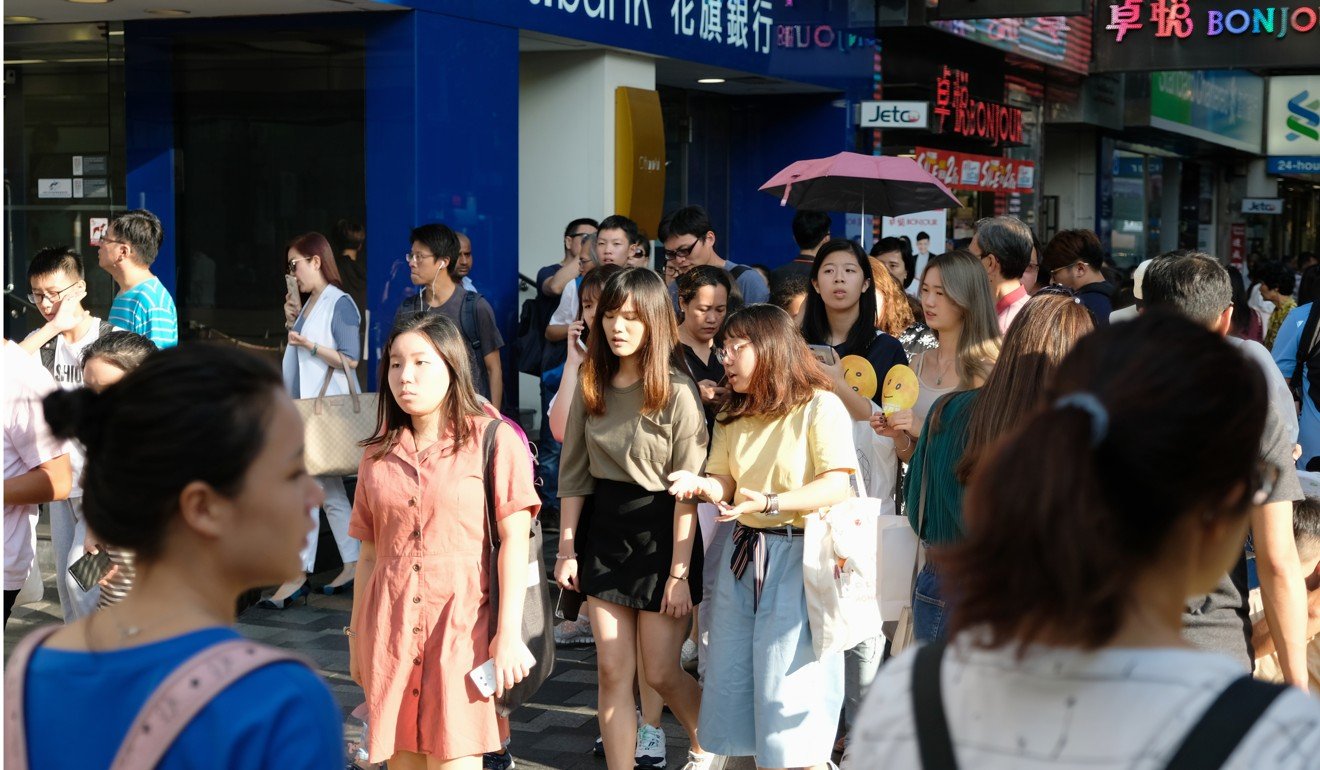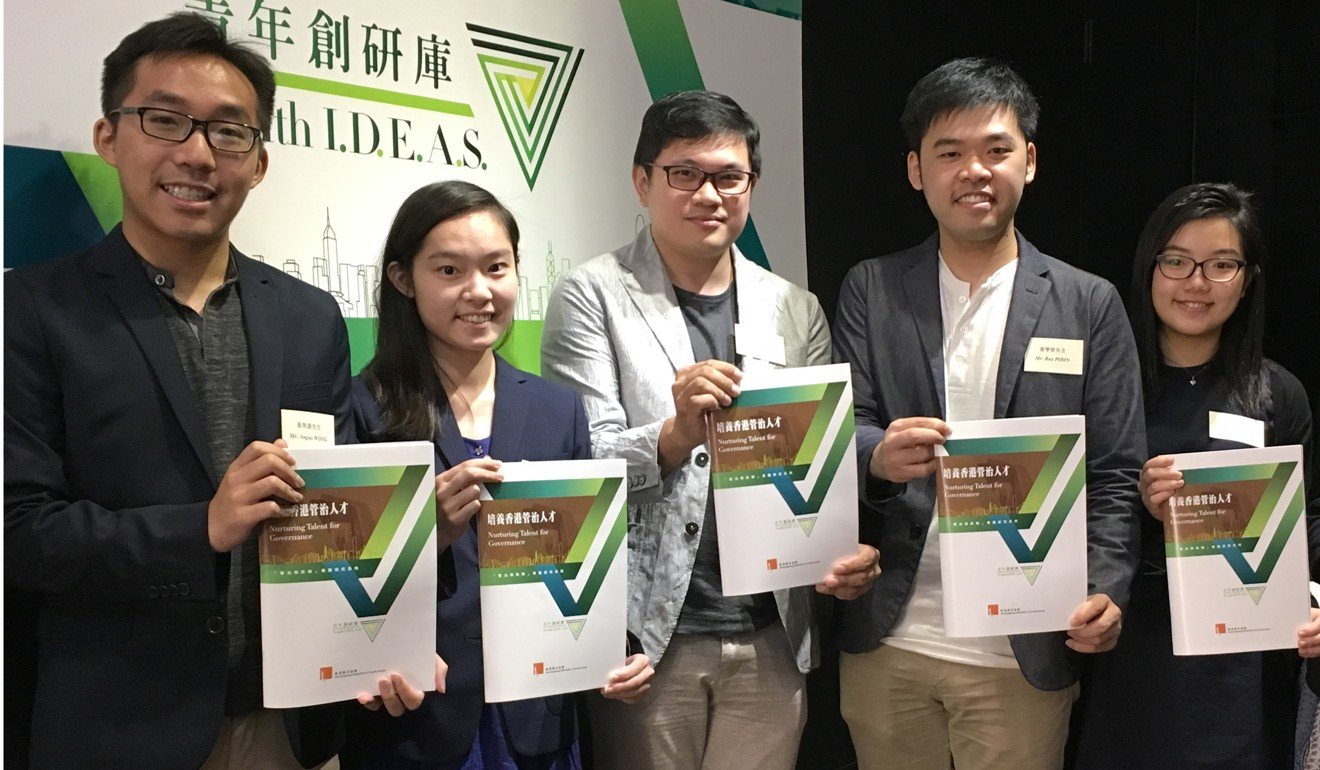
‘Who would say they want to be chief executive?’ Hong Kong needs political talent, but it’s not me, young people say
Survey finds most youngsters have no interest in a political career, citing polarisation, powerlessness and pockets not deep enough
Young Hongkongers recognise the need for greater political talent in the city, yet six in 10 show no interest in entering the field, a survey has found.
A similar proportion said they did not trust the government, according to think tank Youth IDEAS, which polled 520 residents aged between 18 and 34 earlier this year.
The researchers, part of the Hong Kong Federation of Youth Groups, said the reasons cited for not wanting to partake in politics ranged from a perception that they lacked the right skills, to concerns about society being too polarised and an inability to influence change.
Among the 30 per cent who did show interest, nearly half placed priority on joining the government as an administrative officer. A third said they would consider standing in elections or joining a political party.

“Polarisation in society has certainly deterred some young people from making the move, but if we can make good use of the 30 per cent willing to take part ... there could still be progress made,” said Ansel Lam Chi-ho, vice-convenor of the think tank.
The street poll, done on June 23 and July 4, found 68.5 per cent of interviewees felt a lack of talent was a major hindrance to effective governance, while 66.7 per cent expressed a lack of trust in officials.
Why Hong Kong ethnic minority youth get shut out of politics and good jobs: poor Cantonese
The think tank suggested the government begin promoting careers in public governance among secondary schools, and offer to university students one-year internships in departments and other public bodies.
Asked whether political deadlock and stunted reforms towards democracy had made Hongkongers hesitate to get involved, Lam said these same political and policy challenges had been haunting the city for the past 20 years.

Professor Li Pang-kwong, head of Lingnan University’s Department of Political Science, said a dearth of job openings at the middle and senior levels of government was to blame, along with an unwillingness among officials to promote public participation.
“Has our government really encouraged a career path in politics or made an effort to build one?” Li said.
“Just think about the United States or Britain – some kids would say they want to be prime minister or president some day. In Hong Kong, who would say they want to be the chief executive?”
Hong Kong youth’s interest in politics is welcome, but education comes first
Li said the problem also stemmed from the fact that Hong Kong’s political system was not effective in resolving conflicts.
Even for those youngsters with a strong passion for public service who do aspire to a political career, practical constraints still weigh heavily on their mind.
Steve Cheung Kwan-kiu, 23, joined the Civic Party as a district officer two years ago but has now decided to pursue a law degree starting in the autumn.
He said very few people could afford a full-time career with a political party.
“Before they are elected as a district councillor, officers can only count on their own savings, and even more so if they lose the election,” Cheung said. “So this is just a gamble for them.”

